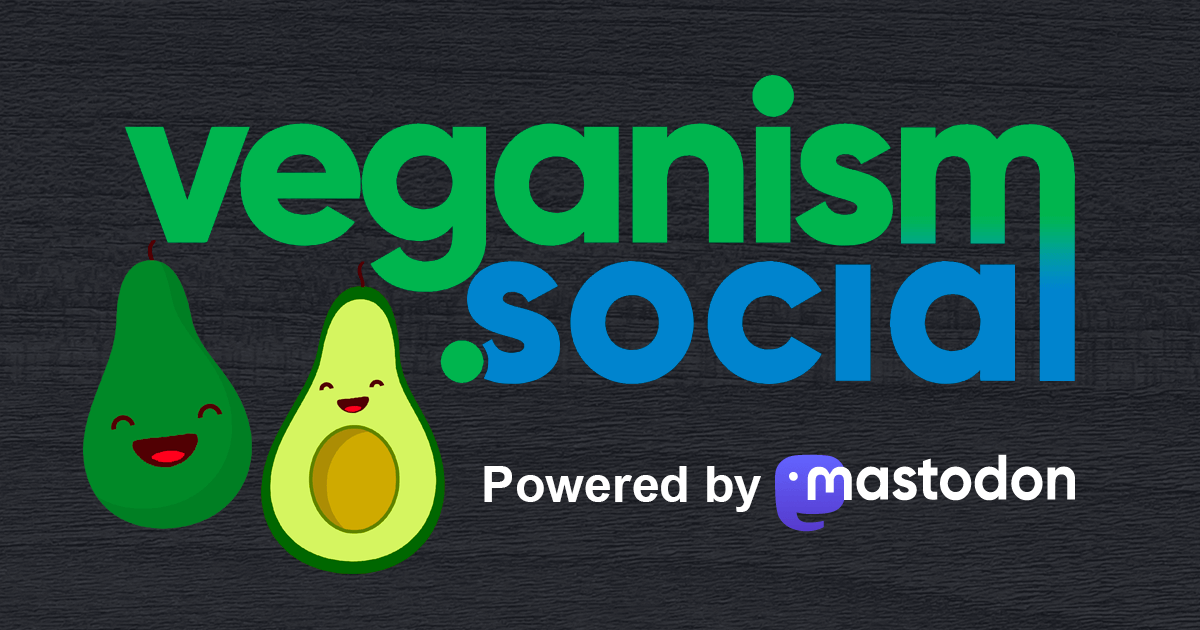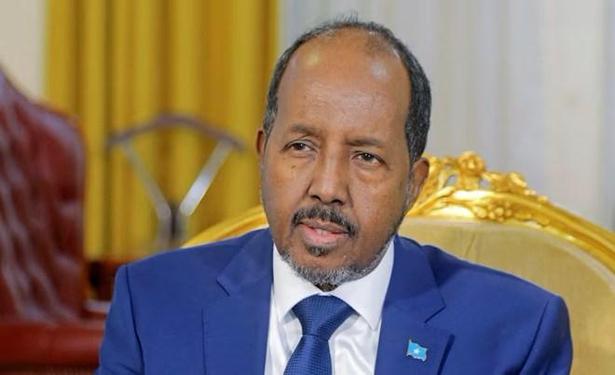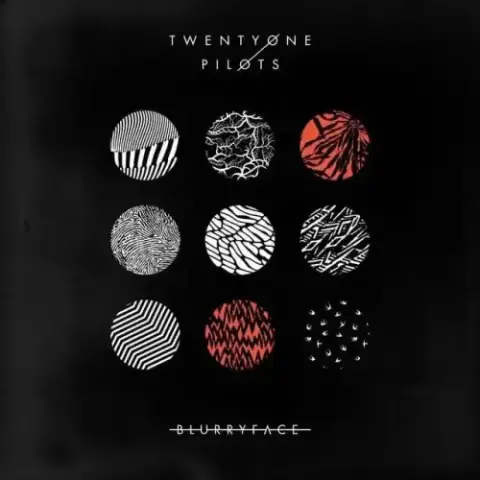President Mohamud: Re-election in Doubt as Security and Reforms Take Center Stage #EastAfrica #Somalia #WestAfrica #center #Doubt #Mohamud #President #reelection #reforms #security #stage
https://tinyurl.com/22exer6w
Recent searches
Search options
#doubt
Testo della canzone “Doubt” di Twenty One Pilots
#TwentyOnePilots #Doubt
https://daletra.online/twenty-one-pilots/testi/doubt.html
@littlehillschurch Hello again @Gustodon. To answer your question, several things could be said. I'll try to take the approach I think might be most helpful to your inquiry, but I'm always happy to have a good exploration of #faith and #doubt and such. I'm starting out with an oversimplified philosophical approach for the bones of conversation.
1.) As philosophers over time have asserted, it is good and reasonable to look for a #FirstCause, etc. I deeply appreciate #ThomasAquinas's Five Ways.
2.) The question then is what sort of "#God" fits the deity of #1. I think only a few of the things/people/entities people have worshipped or do worship could even possibly fit #1. (E.g. Zeus could not, because "he" was not first, etc.)
3.) Of that much reduced set, I believe a mix of historical points speak well of the God of the #Bible. This point could be expanded a lot.
4.) Archetypally, I believe the Bible speaks to things our psyche expects in the most complete way of the available options. C.S. Lewis wrote well on this following, as I do, some of the observations of Carl Jung.
5.) Evidentially, the Bible describes our world's fallen, broken condition in a way that conforms to objective observation. I've often said if I didn't think there was a God, I'd be a Theravada Buddhist. But because I affirm the things above, Christianity speaks to the same sort of "suffering" but with the hope of a solution beyond cessation of existence because of the existence of a personally relatable First Cause.
---
That's the rational answer. The personal answer is different, but coherently related. I believe I've encountered the living God and He is the one who has enabled me to believe, not the reverse.
Complete presence and focused attention can lead to an expanded awareness—what some traditions call infinite or eternal awareness. But this can’t be grasped through reason or analysis. It must be experienced directly.
#Zen #Focus #Awareness #Presence #Nonduality #Consciousness #Doubt #SpiritualAwakening #DirectExperience #Mindfulness #Meditation #ClearMind #Concentration #SelfInquiry #Dharma
Inter Milan Leads Parma 2-0 with Thuram's Lucky Goal
#clarification #doubt #humor #sports #video
https://blazetrends.com/inter-milan-leads-parma-2-0-with-thurams-lucky-goal/?fsp_sid=7799
Today's Audio Daily Devotional: Help My Unbelief
Bible Texts
- Hebrews 11:1
- John 20:29
- James 1:6-8
- John 14:1
Today's Audio Daily Devotional: Doubt Can Be Healthy
Bible Texts:
- Romans 15:13
- Hebrews 11:6
- James 1:6
- Proverbs 3:5-6
"Sometimes doubt can help deepen our faith as we search for answers. Sometimes the Holy Spirit uses doubt to help us question false beliefs or to encourage us to search our hearts for pure motives." - Brenda Walsh
Deception, Obfuscation & Misdirection
This is a concatenation of posts I originally made in 2016-2017--even more relevant today...
Most are familiar with the concept of #FUD—short for #Fear, #Uncertainty & #Doubt. It summarizes a strategy often used in marketing and political propaganda. Its effects are pernicious, divisive and lead to exploitation. Examples abound. Fear is a strong motivator! To resist FUD one must understand how it is practiced using the principles of #Deception, #Obfuscation and #Misdirection.
https://mdpaths.com/rrr/commentary/deception_obfuscation_misdirection/index.html
"Buried in the messages between National Security Adviser Mike Waltz, Defence Secretary Pete Hegseth, and other cabinet members is a horrible demonstration of narrative engineering.
"While the legacy media fixates on ‘classified information’, the real story is actually not the incompetence of these people but instead how they casually discussed spinning the bombing of Yemen—an already battered and famine-ravaged nation—into a palatable story for the American and global public. Let’s have a look":
https://thespectaclemag.substack.com/p/how-to-sell-a-massacre by Deaglan O'Mulrooney
I think that it's an honorable thing to change your mind occasionally. I don't think it's a sign of weakness or lack of integrity. I believe men are united by their doubts and separated by their convictions. Therefore, it's a very good thing to have doubts. Doubts are the greatest spur to activity that I know of.
-- Peter Ustinov
#Doubt was really, really good. I understood the main relationship immediately, but even I was questioning certain decisions. The mystery driving the show was really well done, and the clues made sense. Even the red herring was heartbreaking. If you like twisty psychological thrillers and mysteries, here you go. #kdrama
#doubt : to be undecided as to the truth of the negative or the affirmative proposition
- French: Doute
- German: zweifeln,der Zweifel
- Italian: dubbio
- Portuguese: dúvida
- Spanish: dudar, cuestionar
------------
Word of The Hour's Annual Survey @ https://wordofthehour.org/r/form
The #Paradox of #Certainty;
Why #doubt is a sign of #wisdom.
https://www.psychologytoday.com/intl/blog/mindful-beats/202501/the-paradox-of-certainty
"Are you sure those artworks were made by you?"
Postscript: this was supposed to just be a collage for #portofolioday but I was like nah this crap is boring so I made it weird lol
·
·
·
#artwork #art #furryart #originalcharacter #furry #deer #cervid #otherspecies #photography #digitalart #painting #mirror #broken #portofolio #artportofolio #questioning #impostersyndrome #skill #doubt #sussybaka
Everliving God, who strengthened your apostle Thomas with firm and certain faith in your Son's resurrection: Grant us so perfectly and without doubt to believe in Jesus Christ, our Lord and our God, that our faith may never be found wanting in your sight; through him who lives and reigns with you and the Holy Spirit, one God, now and for ever. Amen.
#SaintThomasDay #Apostle #Faith #Doubt #QuestionsCanBeGood #Episcopal #FeastDay #MajorFeast #Lectionary #Advent
Feeling unsettled today. I’m trying to make sense of a lot of things. A conversation with a friend about prayer and God seems to have stirred something deep in me, something I can’t fully name. She said that prayer broke something off me last night, that scripture and God’s promises have power if we claim them. She also said that sometimes we cause our own struggles by not trusting those promises. I’m thankful for the love in her words, but they’ve left me wrestling with some questions.
I’ve often been told that my faith isn’t strong enough, that if I just believed more, I’d see healing or change. That narrative weighs heavily, especially when prayer feels hollow. It can feel like a way for people—including myself—to avoid real action. If someone’s struggling, isn’t it more meaningful to do something to help them rather than saying, “I’ll pray for you”? And how do we even discern what’s God’s action versus our own? My friend says she feels things in her spirit, but isn’t that just another word for opinion?
The God I’ve known and trusted has shaped my life, but the version of God I hear about in church—the one who demands worship or threatens hell—feels hard to reconcile. Love, at least as I understand it, shouldn’t be conditional. Why would a loving God need belief to extend love? Why would God punish someone for walking a different path? I know the “free will” argument, but I still can’t make it sit comfortably.
What resonates with me is the beauty and grounding of liturgy. Chant, structure, moments of stillness—these connect me to something bigger. I’ve also been drawn to traditions that embrace the inner work of faith—the slow, unspoken transformations that happen not through dramatic moments but through small, persistent acts of love and reflection. Faith that allows space for honesty and questions feels truer to me than faith that demands answers.
I’ve come to realise that some struggles aren’t meant to be fixed overnight, and no amount of pressure or prayer will force them to disappear. Instead, maybe the work of faith is to make space for all of it—the questions, the doubts, the pain—and allow something to shift in its own time.
I don’t have all the answers, but maybe faith isn’t about that. It’s about showing up, even in uncertainty. The God I’ve experienced is still there, even if the constructs around him feel shaky. Perhaps faith is less about certainty and more about seeking truth and meaning in the complexity of it all.



